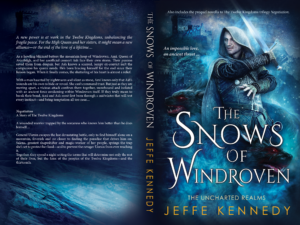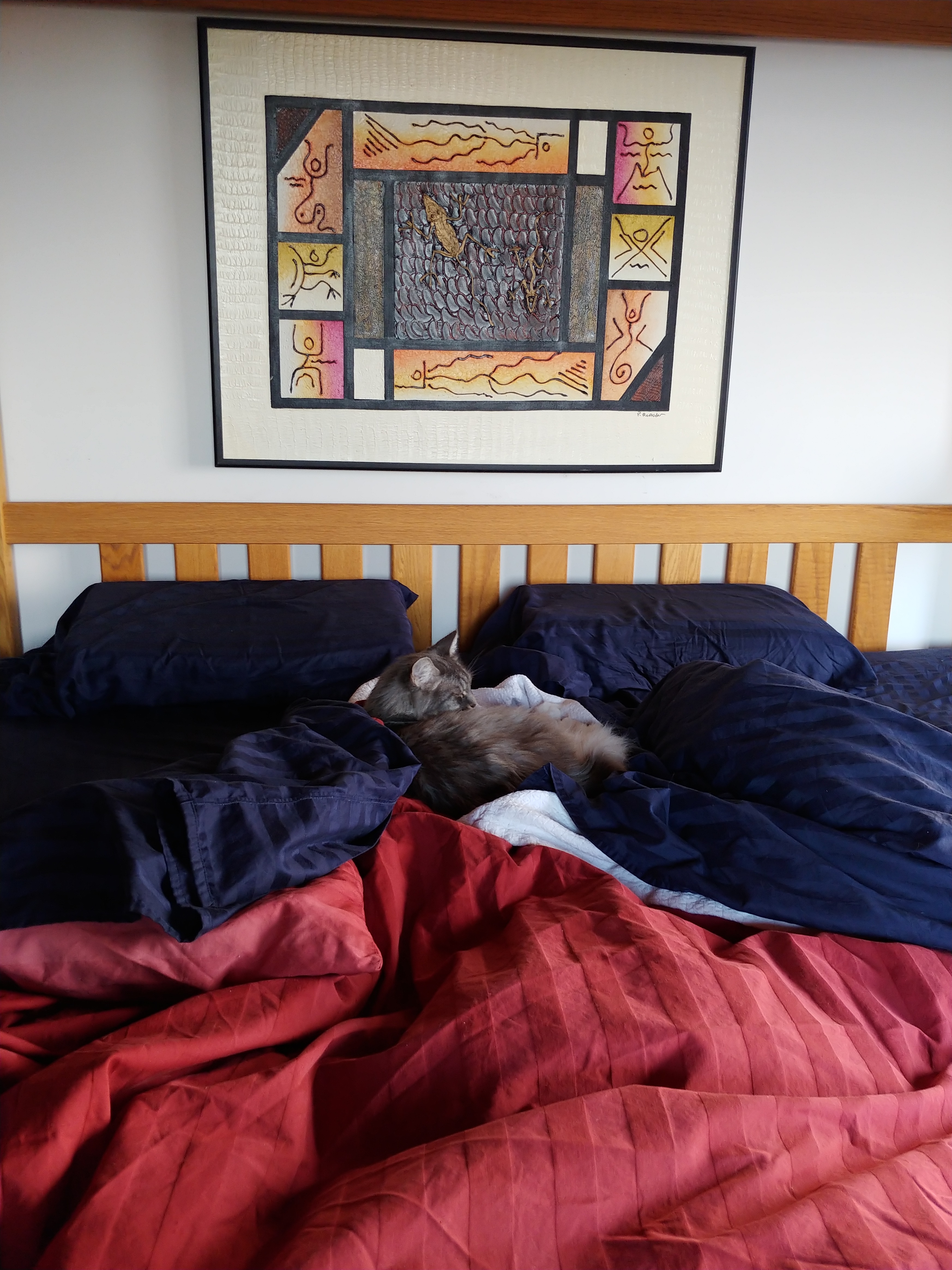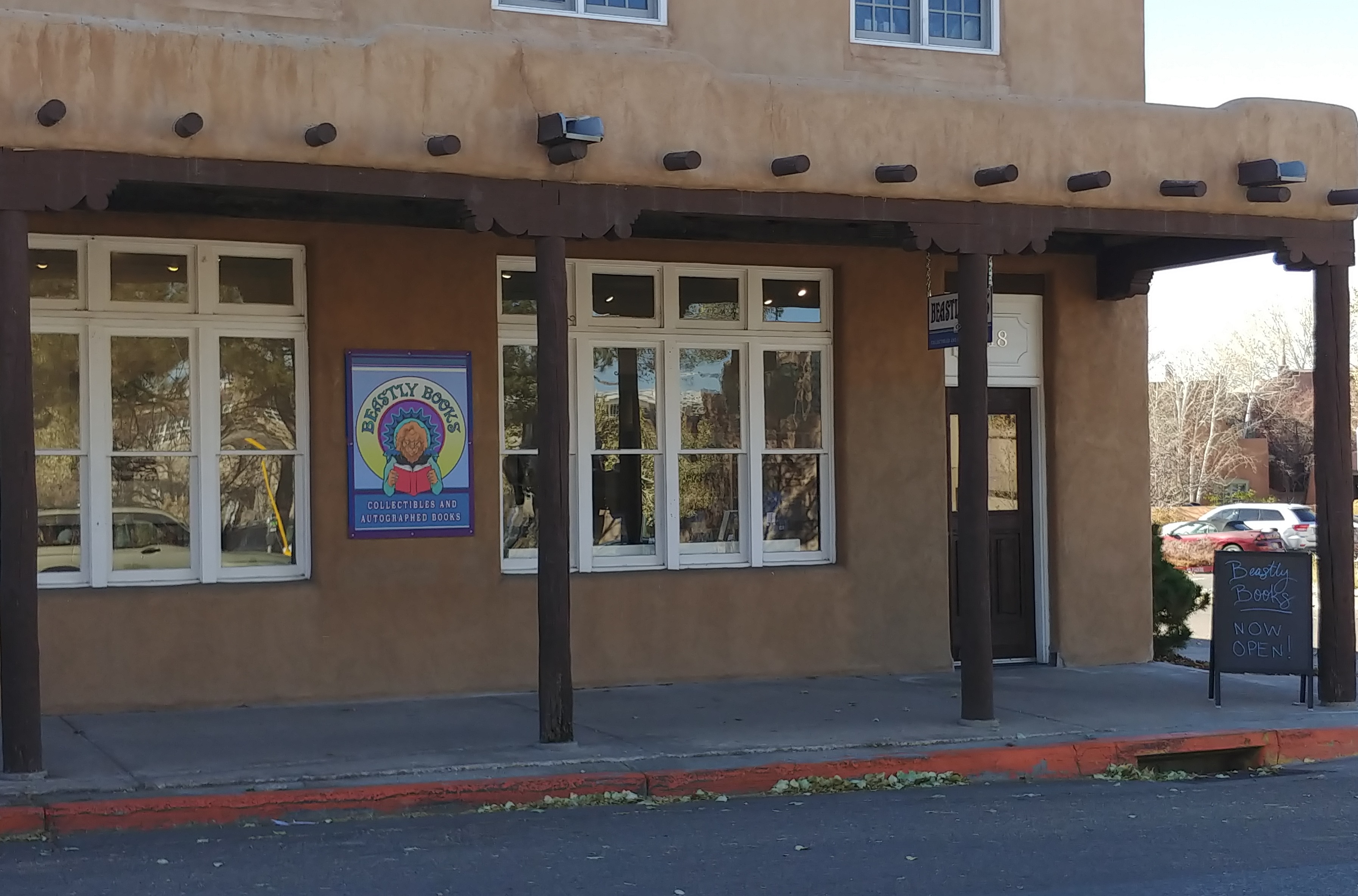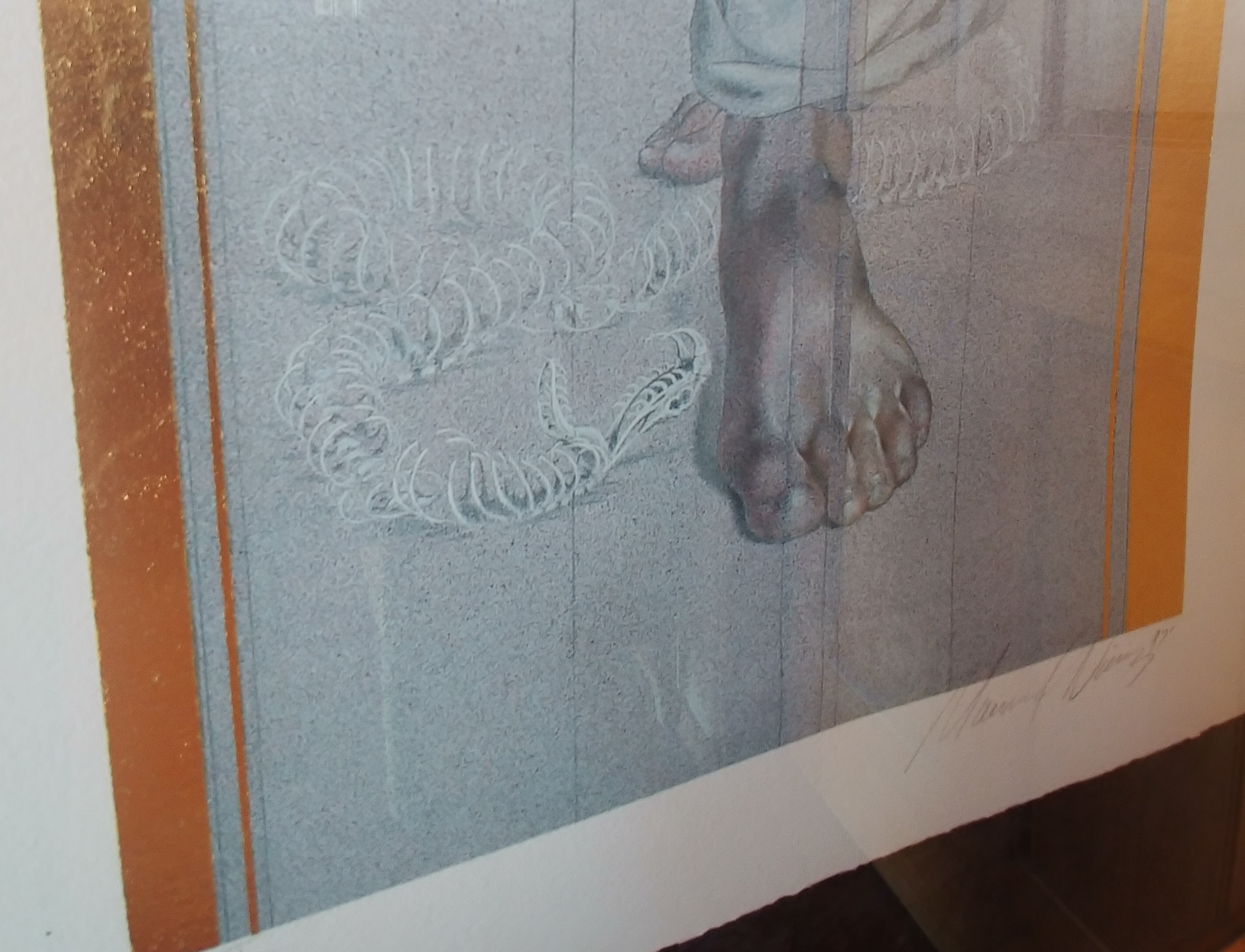


RITA ® Award-Winning Author of Fantasy Romance



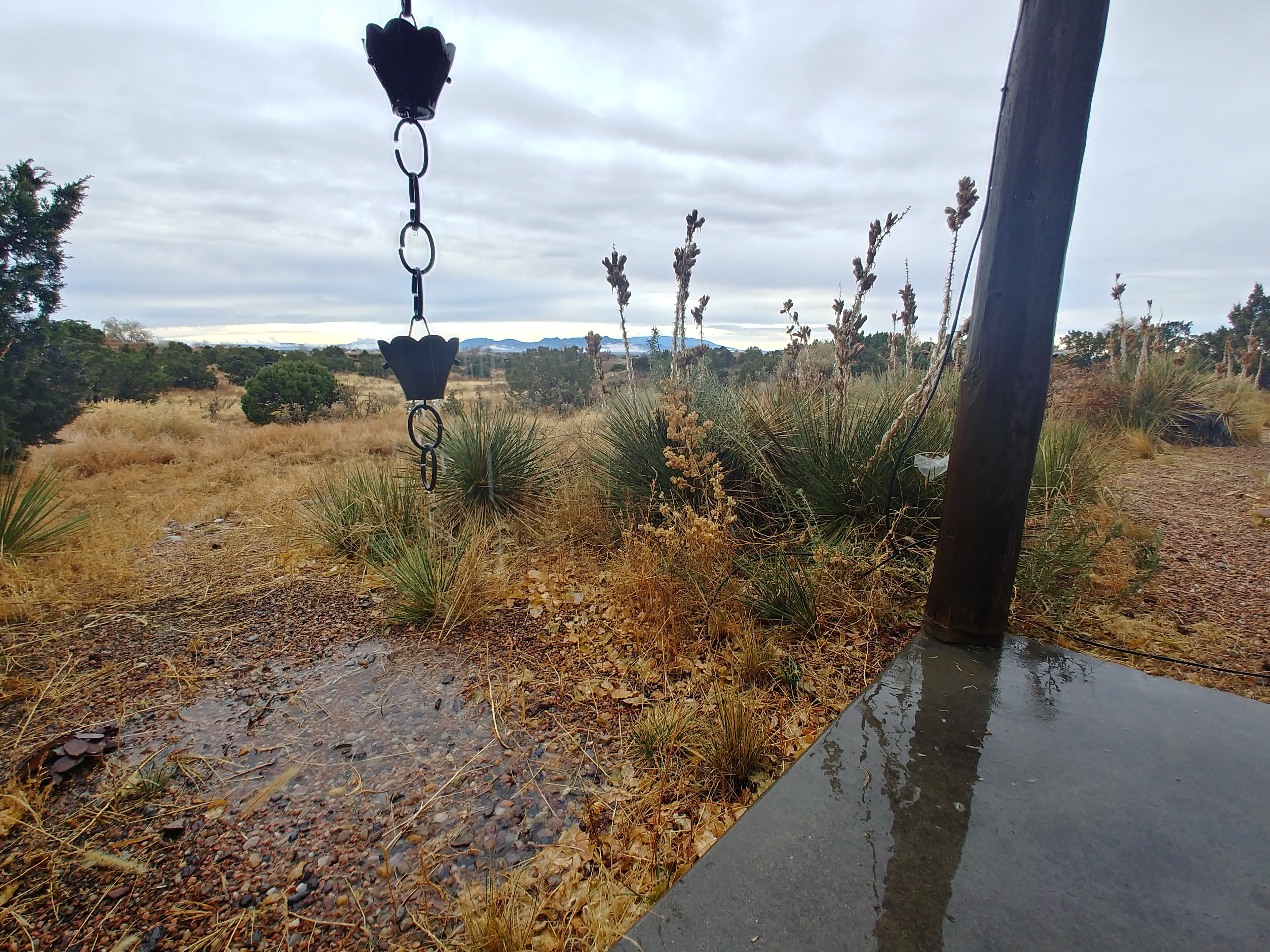
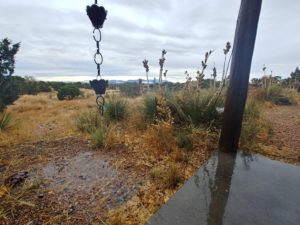

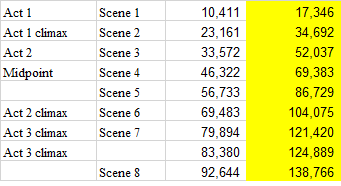
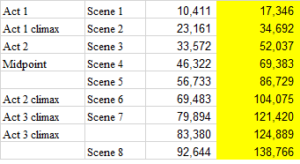

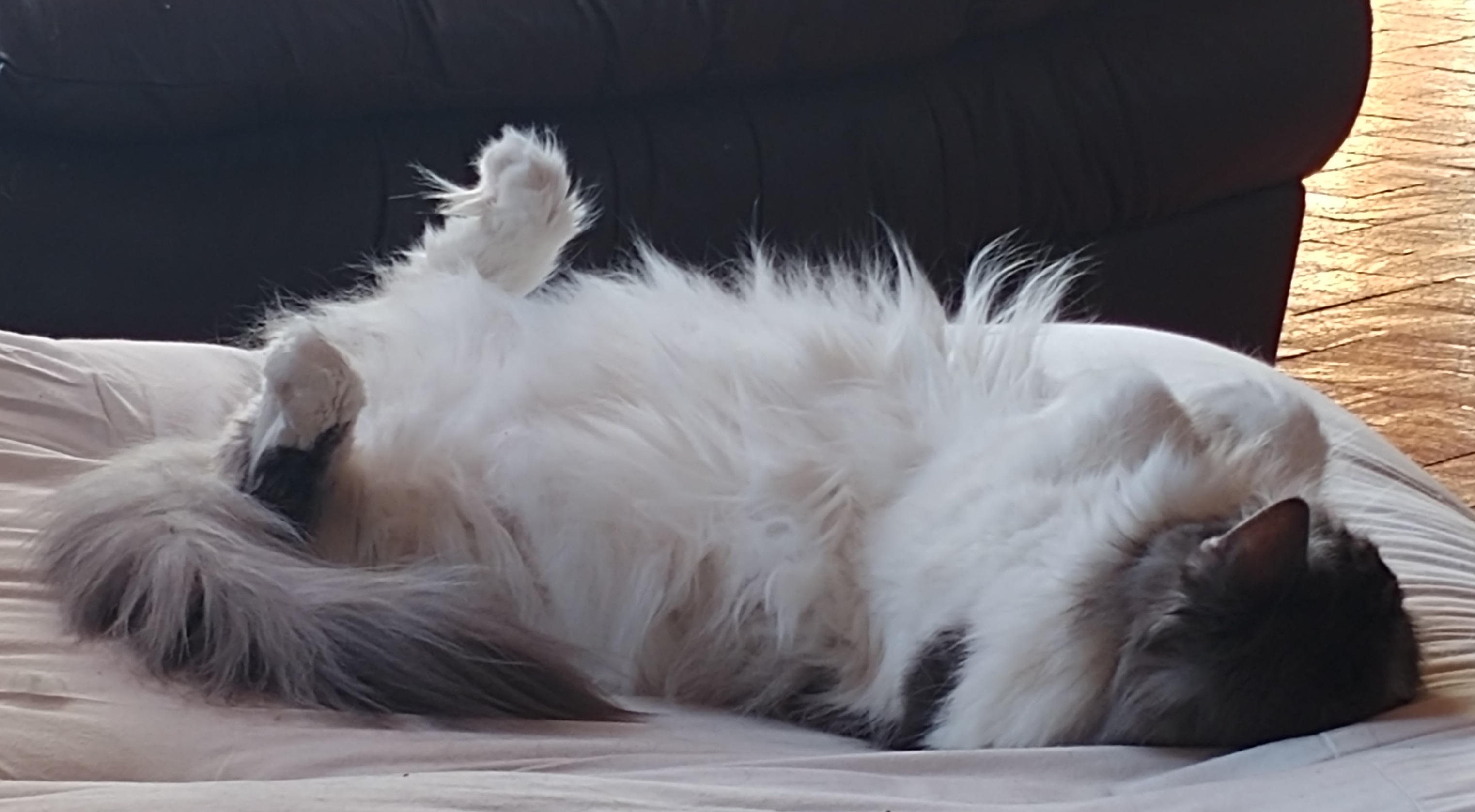


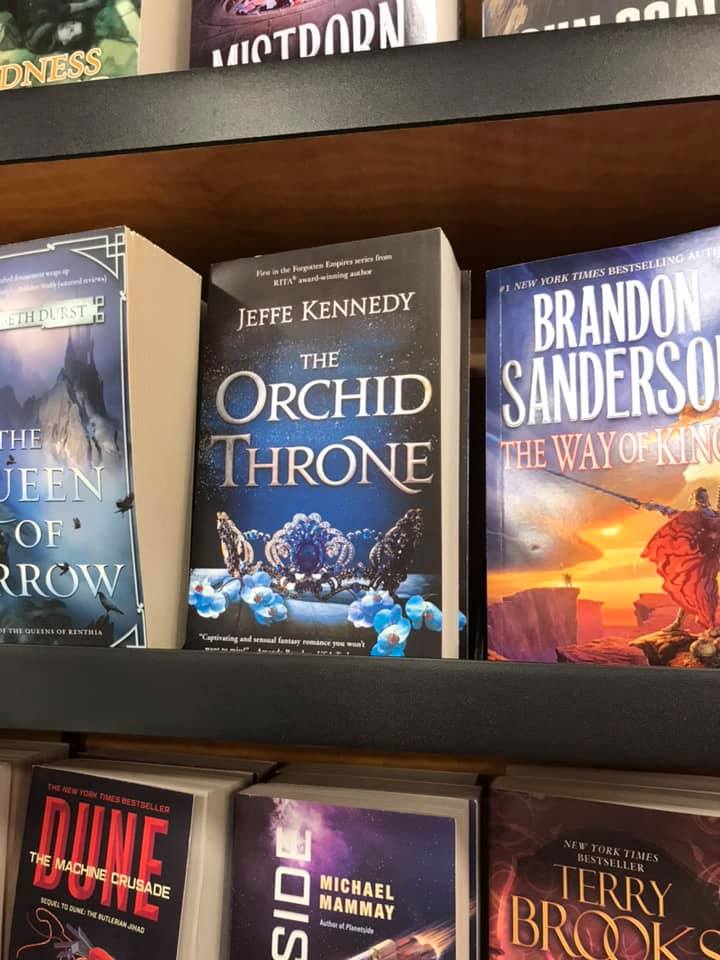
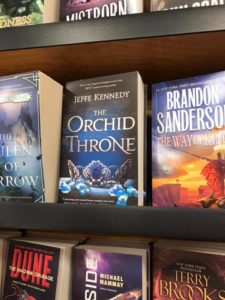
I love these #shelfie pics – ones readers send me of my book spotted in the wild. This one is from a Kroger grocery store in Anchorage, Alaska. Pretty awesome company it’s keeping, huh?
Our topic at the SFF Seven this week is Mentoring: my mentors, ways I’ve mentored others, how to do it right, how to do it wrong, and whether it’s possible to lone-wolf this writing journey. Come on over for my answers!
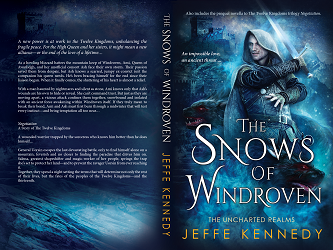
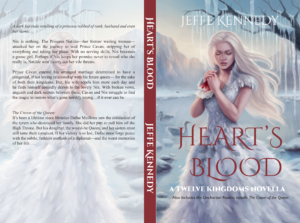 Because you asked! The four Twelve Kingdoms and Uncharted Realms shorts and novellas that weren’t available in print are now combined into two print volumes! The prequel short story, NEGOTIATION, can be found with THE SNOWS OF WINDROVEN, and the shorter novella, THE CROWN OF THE QUEEN, is in a volume with HEART’S BLOOD. Just go to the book detail pages for THE SNOWS OF WINDROVEN and HEART’S BLOOD, to find those print copy purchase links. If you order the physical copies direct from me, I’ll sign and even personalize them! Happy reading!
Because you asked! The four Twelve Kingdoms and Uncharted Realms shorts and novellas that weren’t available in print are now combined into two print volumes! The prequel short story, NEGOTIATION, can be found with THE SNOWS OF WINDROVEN, and the shorter novella, THE CROWN OF THE QUEEN, is in a volume with HEART’S BLOOD. Just go to the book detail pages for THE SNOWS OF WINDROVEN and HEART’S BLOOD, to find those print copy purchase links. If you order the physical copies direct from me, I’ll sign and even personalize them! Happy reading!
